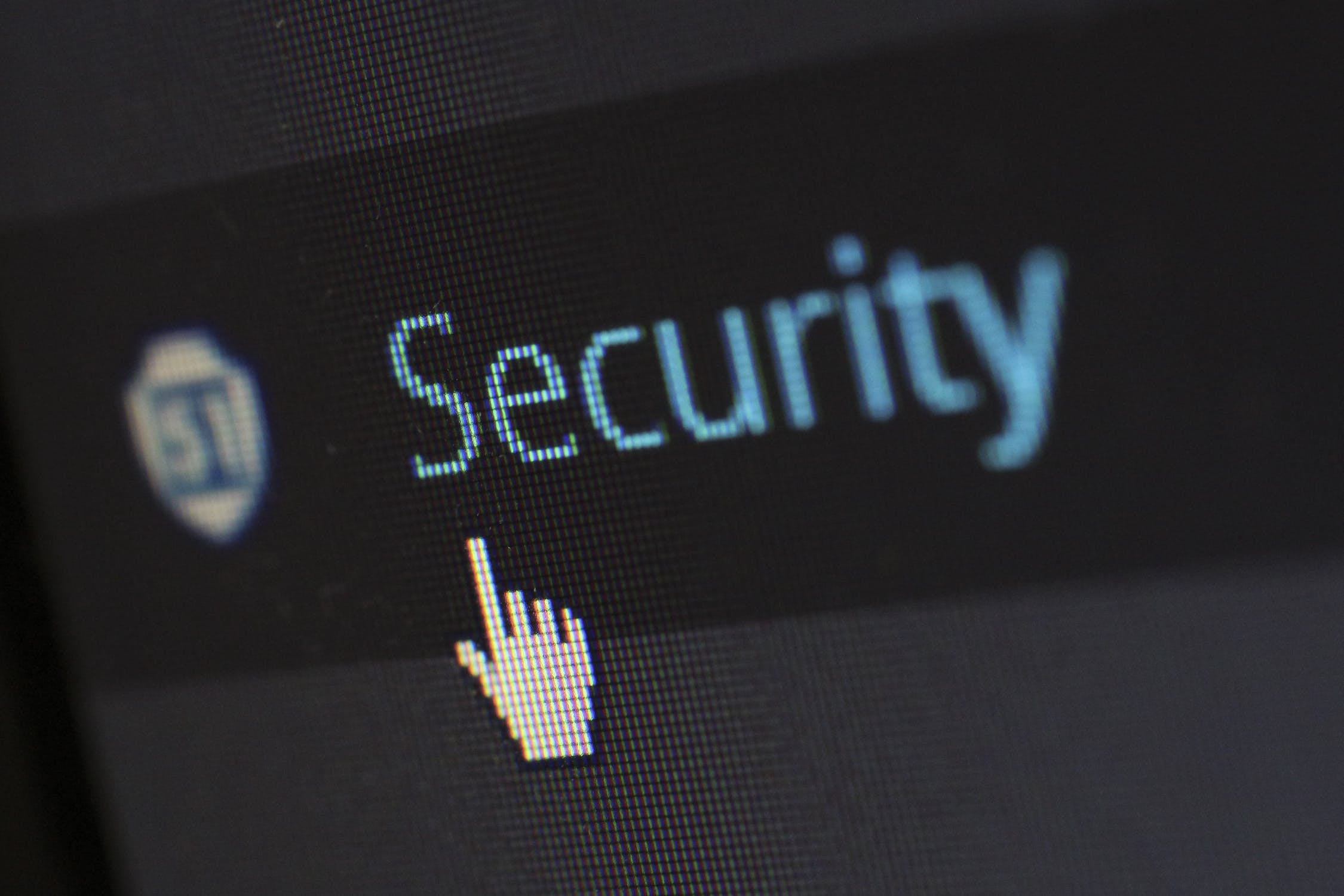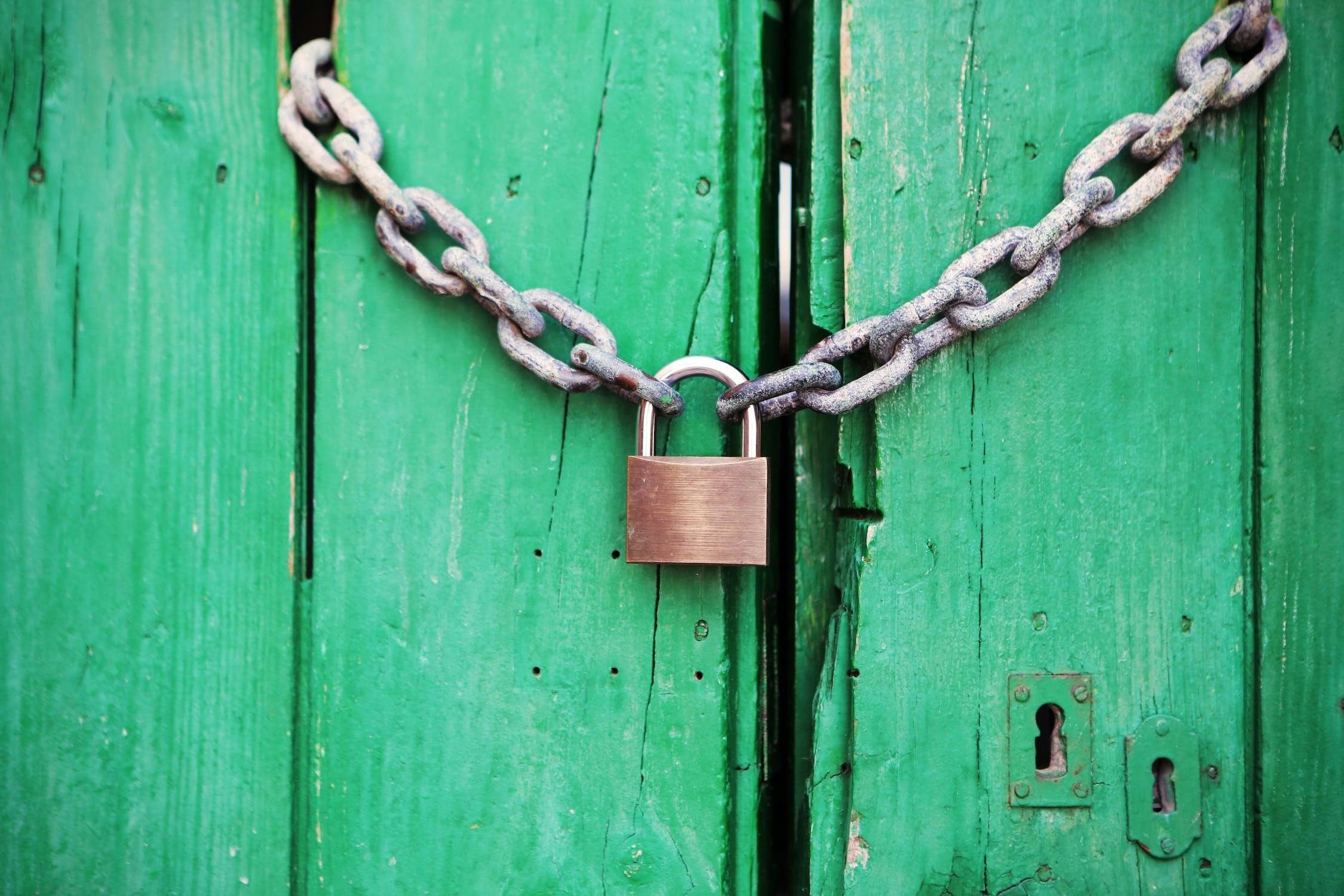It’s important to understand the importance of website security. According to a Duo Security study, 77 percent of website users are concerned about their online privacy, and 53 percent are worried about their data being stolen. The truth is, protecting your website from malicious actors is essential for its long-term health and viability.
Most websites are built on WordPress, which is the most popular content management system (CMS). But what you may not know is that WordPress also offers a high level of security and privacy — two factors that can be critical to a website’s success.
In this article, we will outline the process of increasing website security using WordPress and provide some tips along the way.
But first, let's begin with the why — why do you need to secure your website and what benefits it may have.
5 benefits for improving website security

- Enhanced Data Protection: Implementing best practices for website security helps protect sensitive customer data from hackers and other malicious actors.
- Improved Brand Reputation: Companies that invest in website security are seen as more trustworthy, which can lead to an improved reputation and higher customer loyalty.
- Reduced Risk of Cyberattacks: By implementing website security measures, companies can reduce the risk of a successful cyberattack, saving them time and money in the long run.
- Compliance with Regulations: Companies must adhere to certain regulations in order to protect customer data, such as the General Data Protection Regulation (GDPR). Website security measures help ensure compliance with these regulations.
- Higher Search Engine Rankings: Implementing website security protocols can also have a positive effect on your search engine rankings. Search engine algorithms take website security seriously and often prioritize websites that have adopted higher levels of security. No matter how amazing your website is, Google likely won't send users to it if there's a security risk.
4 common security issues WordPress websites suffer from
Now that you know the benefits of increasing website security, let's see the common security attacks and issues from which you need to protect your WordPress website.
1. Phishing Attack
One of the most common types of cyber attacks, phishing scams are an effective way for hackers to collect personal information from unsuspecting victims. To increase website security, it is important to be aware of the warning signs associated with phishing emails and other malicious attempts.
2. Denial-of-Service (DoS) Attacks
Denial-of-Service (DoS) attacks are a malicious form of cybercrime in which the perpetrator floods a website with a large amount of spurious traffic, overloading the server and sometimes resulting in its crashing. Typically, the hacker then holds the website hostage and requests a ransom to be paid in exchange for sparing or restoring it.
3. Backdoor Malware Attacks
Website security breaches via a backdoor attack can expose WordPress websites to malicious intent. Hackers install malware at the backend in order to bypass the traditional login process, potentially granting attackers unrestricted access to the site. The backdoor used is often masked among regular source files or those which appear legitimate, giving it a degree of concealment in order to perpetrate its disruptive activity.
4. Injecting Malicious Code by SQL Injection:
SQL injection is a technique used by malicious actors to inject code into a vulnerable website. This code can be used to gain access to data and other sensitive information, making it essential for website owners to take steps to secure their websites.
7 tips on how to increase your WordPress website security
To safeguard your website from the above-mentioned 4 common website security issues as well as a host of other cybersecurity problems, here are 7 tips:
1. Secure your website by switching from HTTP to HTTPS
Switching from HTTP to HTTPS is an essential step to take when it comes to increasing website security. HTTPS is a secured version of the Hypertext Transfer Protocol that encrypts data and ensures that communications between a web browser and a web server are secure.
Switching to HTTPS provides website visitors with a higher level of security and trust and prevents malicious actors from intercepting data or manipulating information.
Switching from HTTP to HTTPS can also help boost website rankings in search engines such as Google, as they favor secure websites over those that are not.
For these reasons, it is highly recommended website owners switch from HTTP to HTTPS to increase website security.
2. Invest in a secure hosting service provider
Investing in a secure hosting service provider is an important step to take when looking to increase website security. A secure hosting service provider can provide a comprehensive suite of security tools, from firewalls and antivirus protection to encryption and authentication measures.
Additionally, a secure hosting service provider can help implement policies that will alert the website owner in the event of suspicious activity. Investing in a secure hosting service provider is an important step towards keeping your website and its data safe from malicious attacks.
3. Keep your WordPress plugins, themes, and software updated

Keeping WordPress plugins, themes, and software up to date is essential for the security of any website. Outdated software can leave your website open to malicious attacks, so it is important to ensure that all components are regularly updated. Doing so will help protect your website from hackers and other cyber threats.
Additionally, updating frequently can also help improve the performance of your site and ensure that everything is running smoothly.
4. Use strong passwords
One of the most effective measures you can take to increase the security of your website is to use strong passwords. Complex passwords that contain a mix of uppercase and lowercase letters, numbers, and symbols are much harder to guess or crack than simple passwords.
It's also recommended that you change your passwords regularly and use different passwords for each of your accounts. This can dramatically reduce the chances of someone being able to access your website without permission.
5. Enable two-factor authentication
Enabling two-factor authentication is an effective way to increase website security. It requires users to verify their identity with a second form of authentication, such as a one-time code sent via SMS or an authentication app.
This extra layer of protection helps to ensure that only authorized users have access to the website. Additionally, two-factor authentication is simple and easy to set up, making it a great tool for website owners who want to protect their data and users.
6. Make sure the files you're uploading are safe
When it comes to website security, making sure that the files you're uploading are secure is key. Ensure that all files are scanned for viruses before being uploaded to the website, and make sure that access to any sensitive material is restricted with a password or other security measures.
Also, consider using encrypted file formats to protect your files further as they travel across the internet.
By taking these proactive measures, you can ensure that your website remains secure and protected from malicious activity.
7. Install a WordPress security plugin
Installing a WordPress security plugin is an essential part of keeping your website secure. These plugins help to protect your site from malicious attacks and can alert you to any potential threats or suspicious activity.
They can also help reduce the risk of data breaches and harden your site against cyber-attacks. Installing a WordPress security plugin is an easy way to increase the security of your website and is highly recommended for any site owner.
Conclusion
It is important to prioritize website security in order to prevent cybercrime and protect vital data. Businesses can be sure that their websites are secure and compliant with industry standards by taking the necessary steps to increase website security, such as implementing multi-factor authentication, creating strong passwords, and regularly updating software.
Stay tuned for more tips, tricks, and news.
